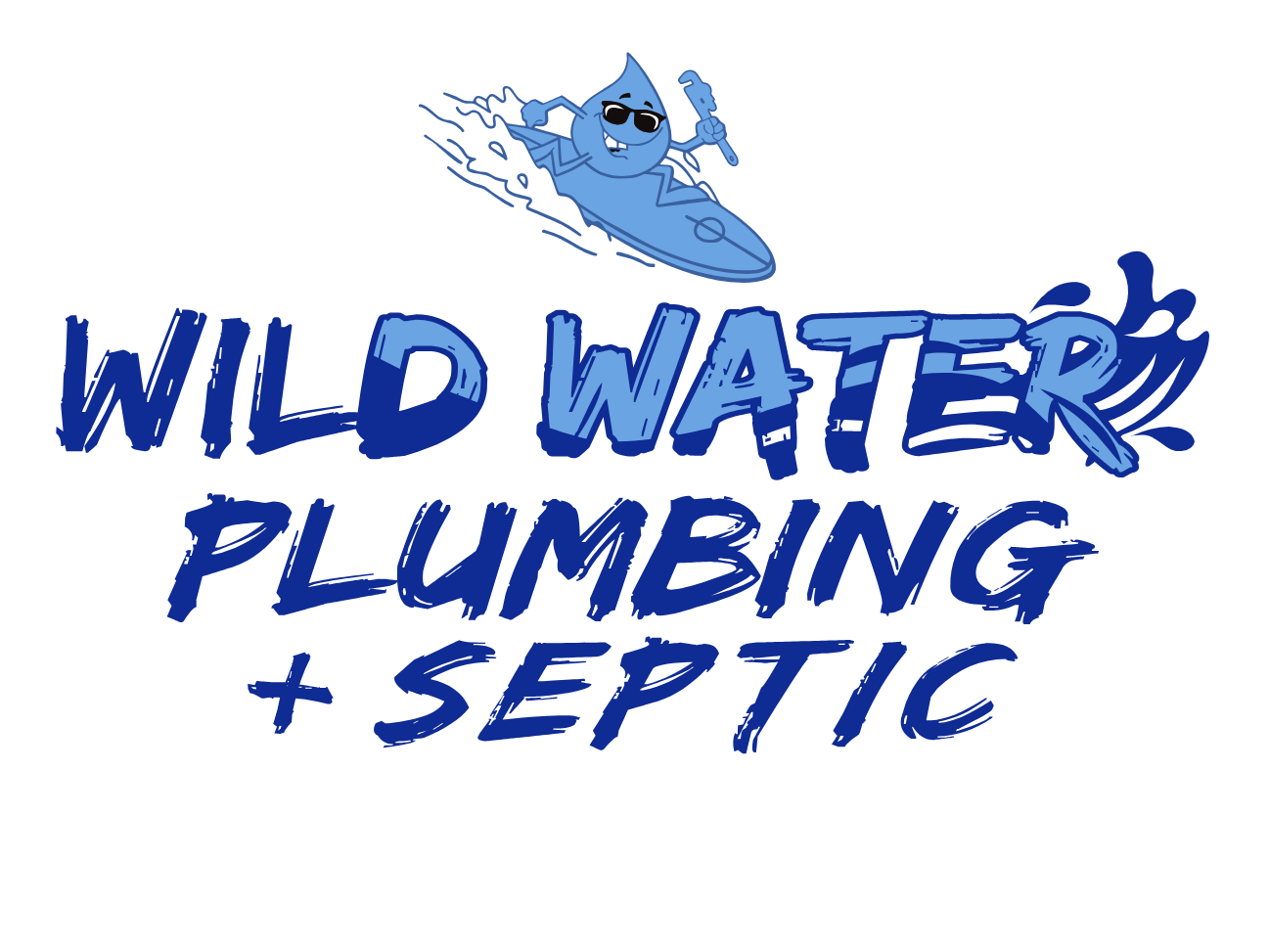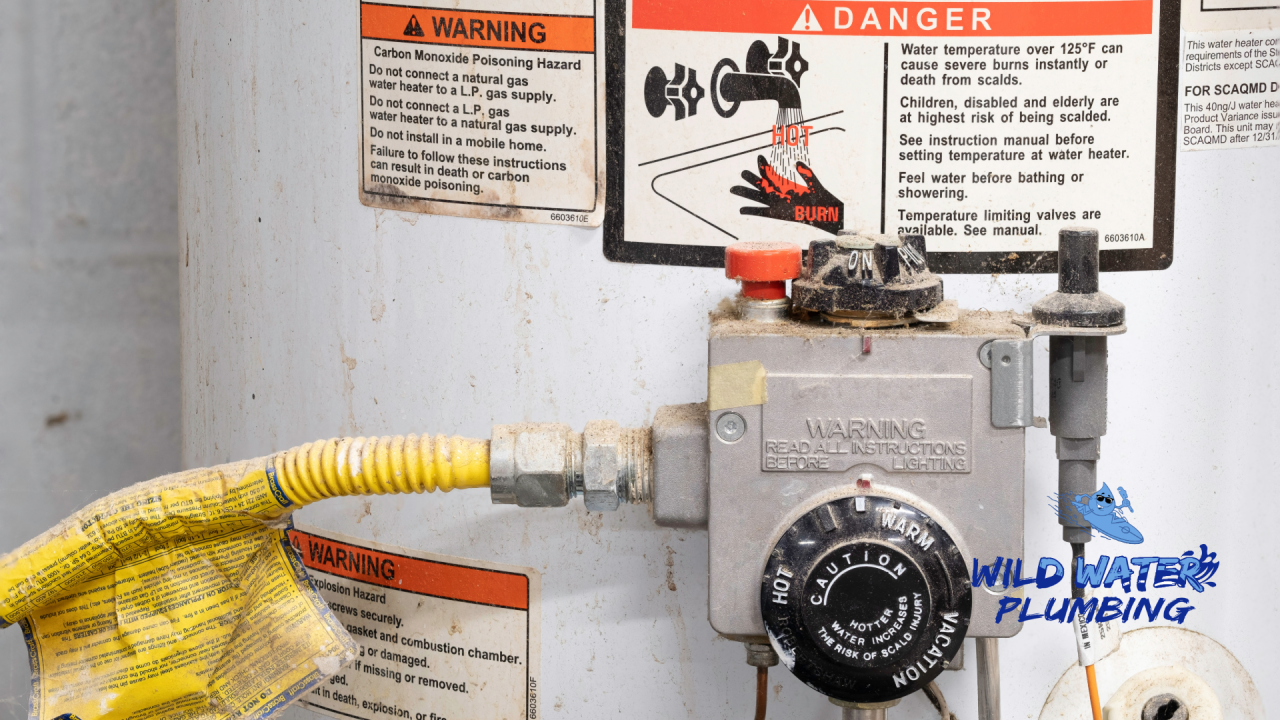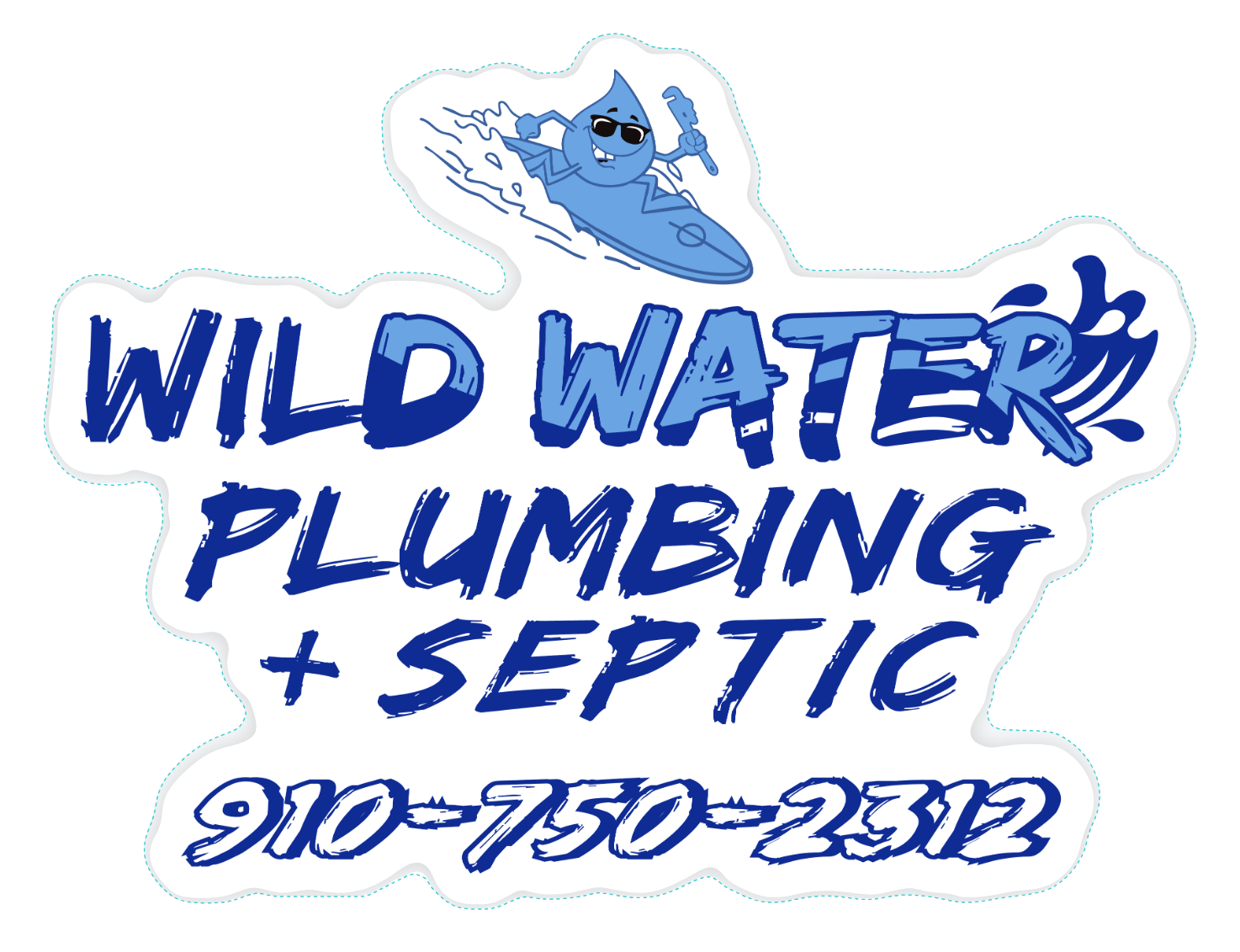Replacing a gas or electric water heater is an enjoyable DIY project that saves money and gives you pride in achievement.
However, it also includes many challenges homeowners must consider before taking the job.
The most significant DIY plumbing challenges with replacing gas or electric water heaters are listed below:
Safety Risks
Gas Leaks: Leakages can cause fires or explosions when working with gas lines.
Electricity Hazards: Electric water heaters use high-voltage hookups. Mishandling them may cause electric shocks or short circuits.
Hot Water Burns: Handling a water heater with hot water can burn or scald.
Gas or Electrical Connection Handling
Gas Line Management: To avoid leaks, gas lines must be connected or even disconnected precisely. Special tools & expertise are needed.
Electrical Wiring: Ensure that all electric connections meet local codes and are insulated to avoid dangers.
Disconnect Power Supply: Correctly shutting off and rebuilding the power supply without disruption or damage is needed.
Appropriate Sizing & Compatibility
Capacity Needs: Selecting the right capacity water heater for your household ensures a sufficient hot water supply.
Space Constraints: Ensure the new unit fits in the existing space (dimensions and clearances be considered).
Compatibility with Existing Systems: The new heater must interface with existing plumbing and electrical or gas systems.
Permits & Code Compliance
Local Building Codes: Local building and plumbing codes must be met. Failure to adhere can result in fines and invalid insurance.
Permitting Requirements: Obtaining necessary permits before installation is often required and time-consuming.
Inspections: Post-installation inspections might be necessary to confirm compliance.
Proper Ventilation for Gas Heaters
Proper Ventilation: Gasoline water heaters need venting to remove combustion gases. Incorrect venting can cause carbon monoxide buildup.
Materials & Routes for Venting: Materials choice and venting route planning to meet safety standards are essentials.
Sealing & Insulation: Sealing and ensuring vents to prevent leaks and energy loss.
Handling Water & Plumbing
Water Shut-Off: Shut off the water supply and drain the existing heater without water damage.
Connections to Plumbing: Connecting the water lines to avoid leaks (possibly soldering or using special fittings).
Pressure Relief Valve Installation: Setting up and testing the valve correctly.
Tools & Equipment Required
Specialized Tools: Tools like pipe wrenches, soldering kits, voltage testers, and gas leak detectors might be needed.
Accessibility of Tools: Provision of all required tools in good working condition before the project begins.
Skill Level: Appropriate competence with tools and materials to perform the installation effectively and safely.
Old Heater
Environmental Regulations for Disposal: Proper disposal of the old water heater is necessary to avoid penalties under local environmental laws.
Transport & Handling: Safely transporting the heavy and possibly dangerous old unit to a disposal site or recycling center.
Recycling Options: Metal and other materials can be recycled with negligible environmental impact.
Potential Leaks or Electrical Problems
Leak Detection: Watertight connections help avoid leakages that cause water damage and mold growth.
Electrical Integrity: Verification that all electric connections are secure and without defects to prevent fires or system failures.
Testing for Issues: Thorough testing after installation to discover and correct any problems.
Time & Skill Required
Project Duration: A water heater replacement may take several hours to complete correctly.
Technical Knowledge: Installation of plumbing, electric, and gas systems should be understood.
Problem-Solving: Being ready for unexpected issues that could arise during installation.
Cost Considerations
Tool Investment: Purchasing or renting professional tools can add cost to the project.
Potential Mistakes: Installation errors might require expensive repairs or replacements when professional help is required.
Long-Term Savings vs Upfront Costs: The immediate savings of DIY versus the possible future damage due to an incorrect installation.
Warranty & Insurance
Issues Manufacturer Warranties: DIY installation could void those warranties if not installed based on manufacturer recommendations.
Home Insurance: Appropriate installation could void home insurance policies if damage or hazards occur.
Liability: Taking responsibility for accidents or damages during installation.
Permitting & Inspection Requirements
Getting around Bureaucracy: DIYers can find comprehending and completing the required permit paperwork challenging.
Scheduling Inspections: Coordinate inspection times and ensure every aspect of the installation meets regulatory standards.
Documentation: Record the installation process and permits for future reference or resale.
Dealing with Pressure Relief Valves
Proper Installation: Ensuring that pressure relief valves are correctly installed to prevent over-pressurization and potential explosions.
Regular Maintenance: Understanding how to maintain and test these valves to ensure they function correctly over time.
Location and Accessibility: Placing valves in accessible locations for easy maintenance and inspection.
Drainage & Slope for Gas Heaters
Proper drainage: Install drainage systems to handle condensate and prevent water accumulation.
Slope Requirements: Putting in pipes with the proper slope for drainage and preventing blockages.
Material Selection: Selection of suitable materials for drainage pipes to withstand the circumstances and resist corrosion.
Gas or electric water heater replacement is a complex process that involves various house devices, including plumbing, electrical, and gasoline.
A DIY approach might save money and bring personal satisfaction, but numerous obstacles and risks exist.
Before beginning the project, homeowners must determine their skill levels, access to programs, and ability to navigate regulatory requirements.
In most instances, contacting or employing a licensed technician or plumber can guarantee a secure, compliant, and efficient installation that will offer years of reliable hot water.
Contact Wild Water Plumbing today if you run into trouble with your water tank!


